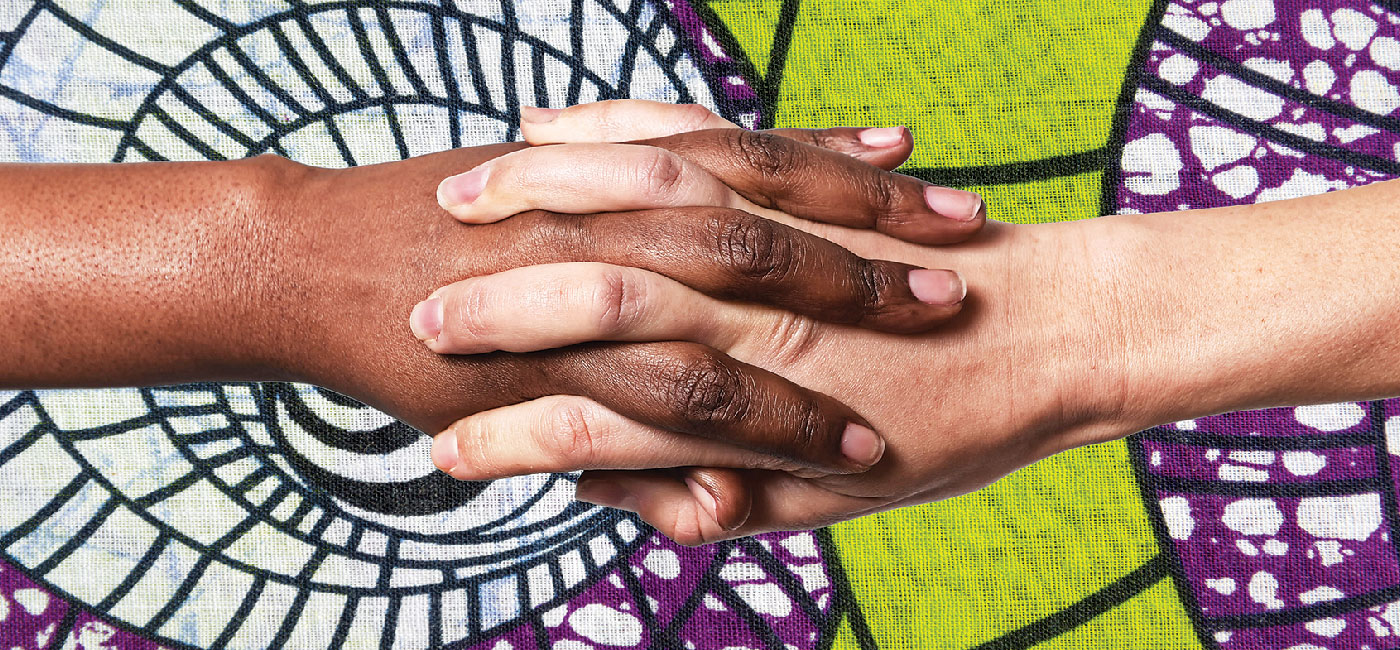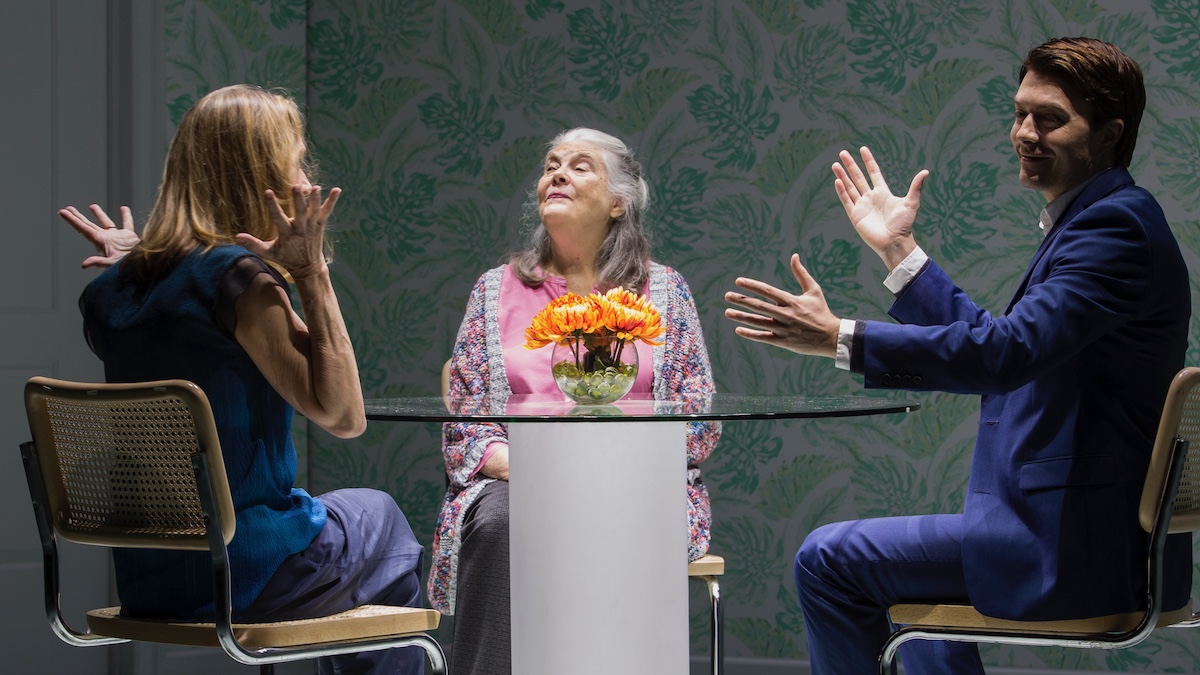
Park Square Theatre describes Cardboard Piano as a powerful story that “examines the cost of intolerance as well as the human capacity for love and forgiveness.” Its arrival at Park Square for its Midwest premiere (January 19 to February 18) comes at a prescient time in the Twin Cities theatre scene, as changing demographics becomes a major driver for arts organizations to reexamine how they fit their communities. It also signals Park Square’s need and willingness to strive to serve a broader audience and offer a variety of viewpoints.
How did a play by a South Korean playwright in America that’s set in Northern Uganda land in Saint Paul, Minnesota? A contingency of diehard supporters of Park Square Theatre attended its debut at the 2016 Humana Festival of New American Plays in Louisville, Kentucky, and unanimously chose to bring Cardboard Piano to the Twin Cities.
Playwright Hansol Jung’s explanation about her play’s title itself captures how Cardboard Piano made its way to Park Square Theatre. According to Jung, “The title comes from a story told in the play. But it comes from a deeper idea of just the beauty of trying. When we do that we are usually wanting something in life that’s real and beautiful.” (Courier-Journal, March 18, 2016)
Like the church that is the main setting for Cardboard Piano, Park Square Theatre was founded by white male visionaries to fulfill its mission “to enrich our community by producing and presenting exceptional live theatre that touches the heart, engages the mind, and delights the spirit.” Begun in 1975 at the Park Square Court Building in Lowertown and moving in 1997 to its present locale at the Historic Hamm Building in downtown Saint Paul, Park Square Theatre has traditionally served a predominantly white audience. Within the past decade, Artistic Director Richard Cook noticed the steadily growing diversity in its student audiences and understood its ramifications for the relevancy and viability of the organization into the future.
While student audiences at Park Square Theatre have grown in diversity, general audiences have not yet kept pace. But Park Square continues its commitment to broaden the scope of its repertoire of stories being told on stage with such offerings as Cardboard Piano, as well as to attract more POC artists into its fold to teach, advise and practice their art.
Key to accelerating this effort was Jamil Jude, a social justice-based artist who had moved to the Twin Cities in 2011 and is presently the Associate Artistic Director of True Colors Theatre Company in Atlanta, Georgia. From December 2015 to June 2017, with funding from a grant, Jude served as Park Square Theatre’s first and only Artistic Programming Associate, generously sharing his wide network of POC artists to bring fresh talent and ideas to the theatre. Amongst the artists whom Jude had brought to Cook’s attention was Signe Harriday, an artist based in Minnesota and New York, who was asked to direct last season’s production of The House on Mango Street and returns to direct Cardboard Piano.
“The play, at its core, is asking questions about big ideas,” said Harriday of Cardboard Piano. “My work is to create the experience and the audiences to digest it in whatever way they choose. But the danger with this play is that it may be easy for audiences to say ‘This is a Uganda issue. We don’t behave that way here.’ The issues raised in this beautiful piece, though, can force us to face our culpability and connection.”
How the global, national, local and personal all interconnect will be further driven home through Park Square Theatre’s partnership with the Center for Victims of Torture (CVT), an international nonprofit headquartered in Saint Paul, during the run of Cardboard Piano. The mutual benefit of “sharing the Square” with organizations for which the story of our plays connect with their missions originated with Jude as a creative means of community outreach.
As a theatre rooted in the community and with a social conscience, but staff and board members at different spectrums of cultural competency on issues of diversity, inclusion and equity, Park Square Theatre gamely paddles against strong social currents–both internal and external–with the hope of creating what will ultimately be real and beautiful.
To purchase a copy of Cardboard Piano, click here, and to learn more about licensing a production, click here.

Inspired by True Events: A Conversation with Playwright Ryan Spahn

Plays About Technology

